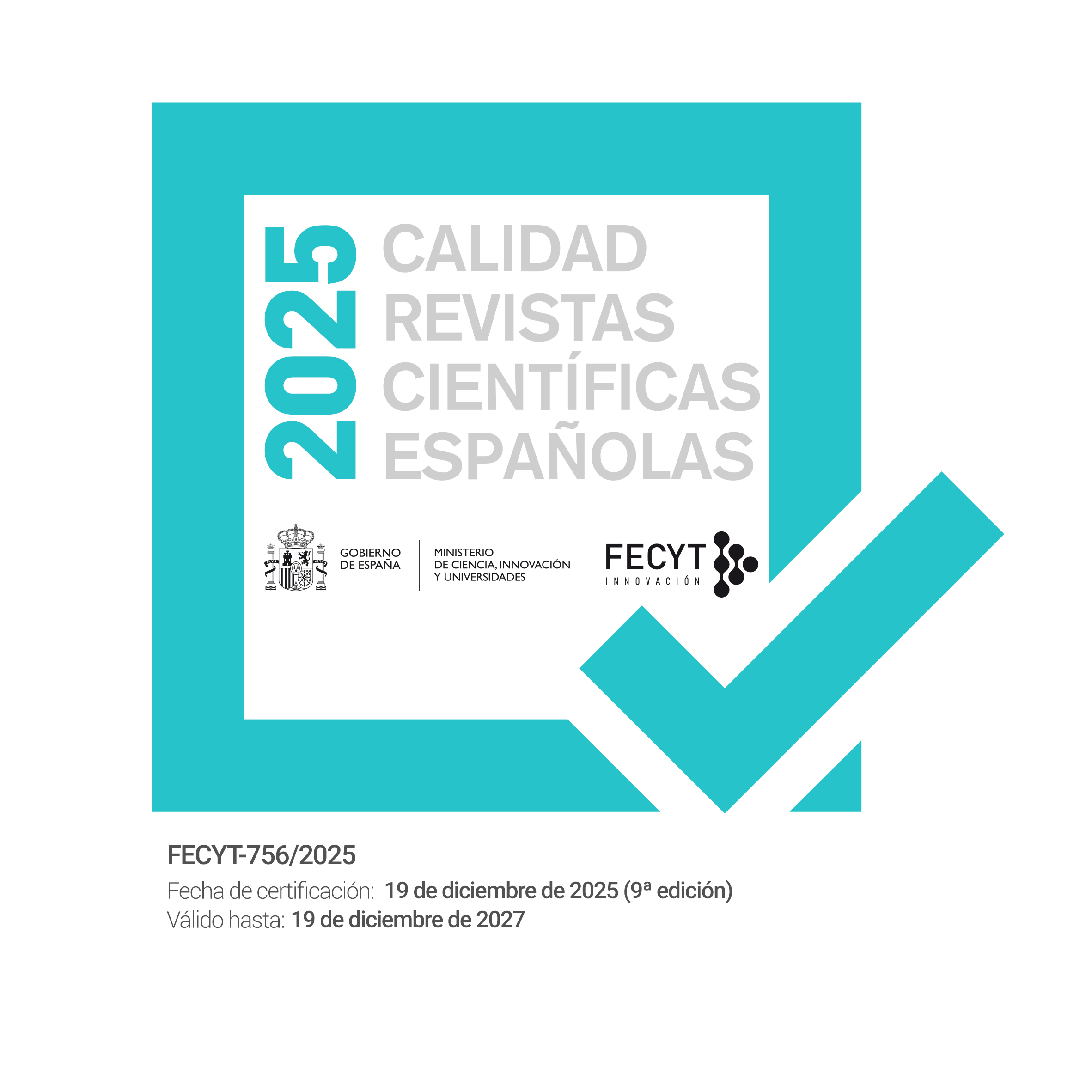Teaching Christianity and cultivating intelligence.
DOI:
https://doi.org/10.22550/REP79-1-2021-06Keywords:
faith, reason, culture, ethics, science, religion, moralityAbstract
From its very beginnings, the teaching of Christianity has been characterised by its cultivation of intelligence. This task is still fundamental, especially as education does not always succeed in harmonising the intellectual dimension with other dimensions (especially the emotional or affective and social dimensions), which often come to the fore. However, it is necessary to demand that the educational task refers to reason theoretically and in practice, and here this is presented as an objective. Within this framework, this work considers that Christian education provides the light of faith, faith which enters into relationship with reason and, therefore, with culture or cultures. This is presented, in religious education classes in a dialogue between ethics, science and religion, with a view to the interdisciplinary nature of education. The teaching of Christianity has its scientific roots in theology, on the level of both speculation and practical wisdom. In conclusion, religious education classes, with their humanising and educational potential and their proclamation of faith, can enrich reason and the works of humankind. All of this is especially relevant when illuminating the intellectual approaches and existential attitudes of young people.
Downloads
References
Beltramo, C. (2018). Apasionados por amar al mundo. Educación del carácter y emocional para las nuevas generaciones. Editorial Eunsa.
Benedicto XVI (30 de junio de 2011). Entrega del «Premio Ratzinger» en su primera edición. Discurso del Santo Padre Benedicto XVI. Libreria Editrice Vaticana. https://bit.ly/362wYYv
Bergoglio, J. M. (2013). Mente abierta, corazón creyente. Publicaciones Claretianas.
Catecismo de la Iglesia Católica (1997). Libreria Editrice Vaticana. https://bit.ly/3enzlJr
Congar, Y. (2003). Sobre el Espíritu Santo: Espíritu del hombre, Espíritu de Dios. Editorial Sígueme.
Consejo Pontificio de la Cultura (2006). La Via pulchritudinis, camino de evangelización y de diálogo. https://bit.ly/3jV2I72
Forte, B. (2004). En el umbral de la belleza. Por una estética teológica. Editorial Edicep.
Francisco (29 de junio de 2013). Carta encíclica Lumen Fidei del sumo pontífice Francisco a los obispos, a los presbíteros y a los diáconos, a las personas consagradas y a todos los fieles laicos sobre la fe. Libreria Editrice Vaticana. https://bit.ly/38e1eT0
Francisco (3 de marzo de 2015). Carta a la Pontificia Universidad Católica de Argentina, en el centenario de su Facultad de Teología. Libreria Editrice Vaticana. https://bit.ly/3jW2TyV
Francisco (27 de diciembre de 2017). Francisco. Constitución Apostólica Veritatis Gaudium sobre las universidades y facultades eclesiásticas. Libreria Editrice Vaticana. https://bit.ly/34VUNC9
Francisco (21de junio de 2019). Visita del santo padre Francisco a Nápoles con motivo del congreso «La teología después de la Veritatis Gaudium en el contexto del mediterráneo», organizado por la Pontificia Facultad Teológica de la Italia Meridional. Discurso del santo padre. Libreria Editrice Vaticana. https://bit.ly/2U5O8PH
Francisco (3 de octubre de 2020). Carta encíclica Fratelli Tutti del santo padre Francisco sobre la fraternidad y la amistad social. Libreria Editrice Vaticana. https://bit.ly/38aO4X5
García Suárez, A. (1998). En torno a la integridad extensiva e intensiva del mensaje cristiano. En A. García Suárez, Eclesiología, catequesis, espiritualidad (pp. 443-523). Editorial Eunsa.
Guardini, R. (1963). Vom Wesen katholischer Weltanschauung [Sobre la naturaleza de la visión católica del mundo]. En R. Guardini, Unterscheidung des Christlichen. Gesammelte Studien 1923-1963. Matthias-Grünewald-Verlag.
Guardini, R. (2006). La esencia del cristianismo. Una ética para nuestro tiempo. Ediciones Cristiandad. (Obra original publicada en 1963).
Juan Pablo II (20 de mayo de 1982). Carta por la que instituye el Consejo pontificio para la cultura. Libreria Editrice Vaticana. https://bit.ly/3oXRYIM
Martini, C. M.ª (2002). Vivir con la Biblia. Editorial Planeta.
Mouroux, J. (2001). Sentido cristiano del hombre. Editorial Palabra.
Newman, J. H. (2016). La idea de una Universidad. Editorial Universidad Católica de Chile.
Pellitero, R. (2019). Renovar la educación de la fe. Claves del Catecismo de la Iglesia Católica. Editorial Eunsa.
Pieper, J. (2010). Las virtudes fundamentales. Editorial Rialp.
Polo, L. (2006). Ayudar a crecer. Cuestiones de filosofía de la educación. Editorial Eunsa.
Ratzinger J. (2018). El debate moral. Cuestiones sobre la fundamentación de los valores éticos. En J. Ratzinger, Obras Completas IV. Introducción al cristianismo (pp. 676-688). Editorial BAC.
Romera, L. (2020). La inspiración cristiana en el quehacer educativo. Editorial Rialp.
Downloads
Published
-
Abstract401
-
PDF (Español)51
-
PDF19
How to Cite
Issue
Section
License

This work is licensed under a Creative Commons Attribution-NonCommercial 4.0 International License.











